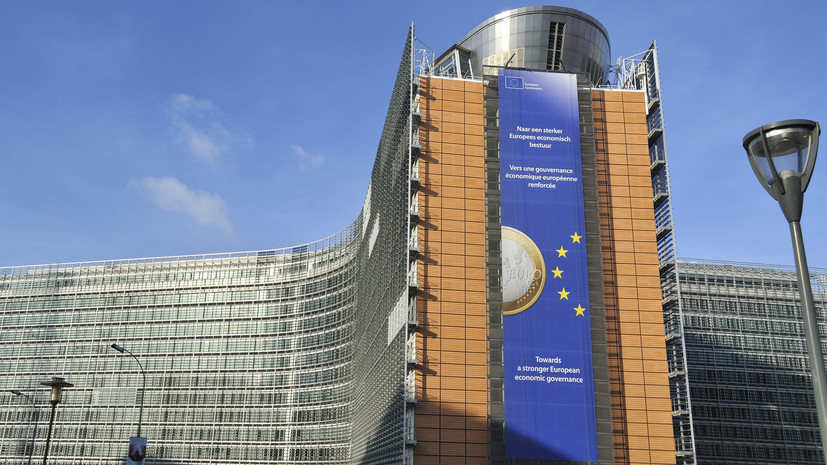The European Union announced the introduction of the ninth package of economic and individual restrictions against Russia.
According to the head of European diplomacy, Josep Borrell, this decision is due to the "escalation" of the situation in Ukraine.
“First, Putin turned food and hunger into weapons, and now the winter cold ... We will continue to strike at the economy (Russia. -
RT
),” the press service of the European Council quoted him as saying.
Restrictions are being introduced against a number of Russian politicians, including Deputy Prime Ministers Victoria Abramchenko, Tatyana Golikova, Alexei Overchuk and several members of the Cabinet of Ministers, as well as against several governors, judges of the Constitutional Court, journalists and cultural figures, Roskomnadzor, United Russia parties, the Communist Party of the Russian Federation, LDPR, "Fair Russia - Patriots - For Truth" and "New People".
In addition, the new list of measures contains a ban for EU citizens to hold any positions in the governing bodies of Russian companies.
Restrictions on the export of dual-use goods and technologies are expanding.
As part of this step, sanctions are imposed against 168 entities.
Along with this, the European Union has expanded the export ban on goods and technologies related to the aviation and space industry, including aircraft engines and their parts.
This measure also applies to unmanned vehicles.
Also on russian.rt.com “There are still a number of questions”: EU foreign ministers failed to agree on a new package of sanctions against Russia
The All-Russian Regional Development Bank is included in the list of structures with operations with which there is a complete ban on transactions.
In addition, the assets of two more Russian banks are being frozen.
Among other things, a process was initiated to suspend the licenses for broadcasting in Europe of NTV, Rossiya 1, REN-TV and Channel One TV channels.
Commenting on the new restriction package, researcher at the Center for Security Studies of the Russian Academy of Sciences Konstantin Blokhin, in an interview with RT, said that one should not hope for the readiness of Western countries to "stop in a sanctions vendetta."
“Although sanctions harm Europeans more than Russia, because of Russophobia they are ready to turn a blind eye to everything: hunger, cold, prices,” Blokhin said.
At the same time, the expert recalled that the process of adopting the previous package of restrictions was quite “painful”, but it was nevertheless approved.
According to media reports, a number of countries were against the concept of imposing restrictions on oil prices.
The eighth package of restrictions was agreed upon by the EU in early October.
It included such measures as a ceiling on oil prices and a ban on European companies to insure and transport raw materials from the Russian Federation by sea to third countries at a price above $60 per barrel.
These measures came into effect on December 5.
The seventh package of sanctions was published on 21 July.
It included a ban on direct and indirect import, purchase or transfer of gold from Russia.
The sixth package was made public on June 3rd.
The restrictions envisaged by it affected, in particular, the oil and banking sectors, as well as the work of a number of Russian television channels.
The EU introduced the fifth package of anti-Russian sanctions on April 8.
It dealt with restrictions on the import and transit of Russian coal and other solid fossil fuels.
The fourth package was introduced on March 15 and affected, among other things, enterprises in the aviation and military industries, as well as the production of dual-use goods, shipbuilding and mechanical engineering.
The first three packages of restrictions were introduced on February 23, 25 and 28.
Commenting on the ongoing sanctions pressure from the EU, political scientist Ruslan Balbek, in an interview with RT, noted that we are talking about Brussels' signal about the lack of desire to "live in peace with Moscow."
“At the technological level, they want to strangle and trample us, which means it’s time to discard the idea that they want to live in peace with us.
The best defense of a warrior is the edge of his sword, so all forces should be directed not to the competition of presentations and beautiful reports, but to real work to create a modern technological base, Balbek noted.
“We will be bombarded with sanctions.
They don't want peace, because they have always hated our world."

